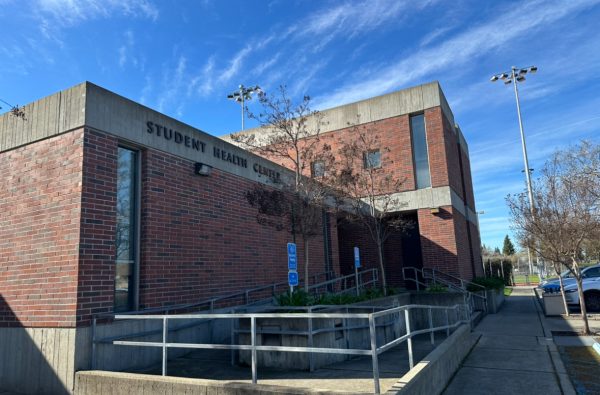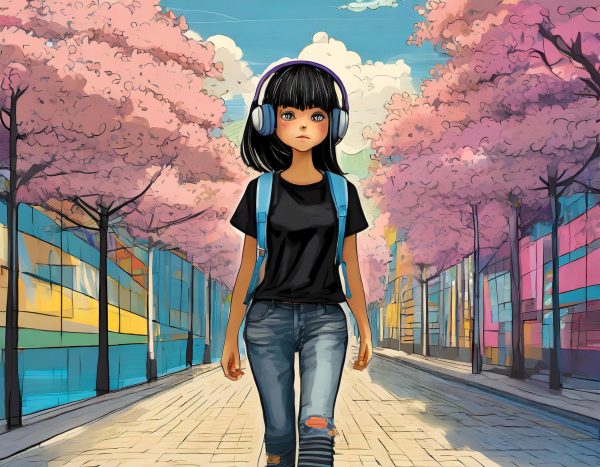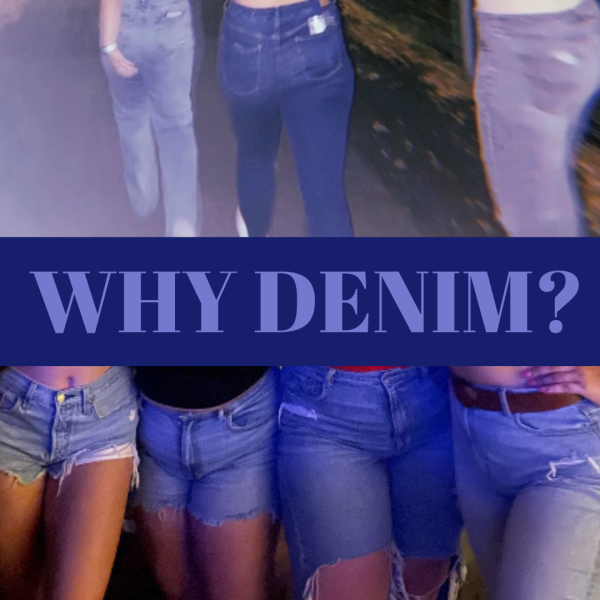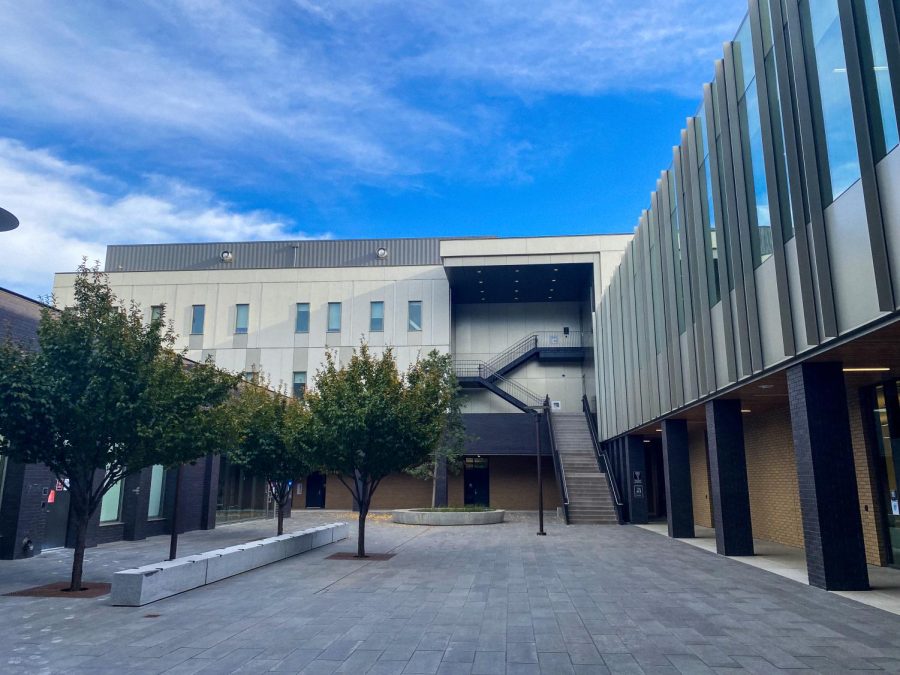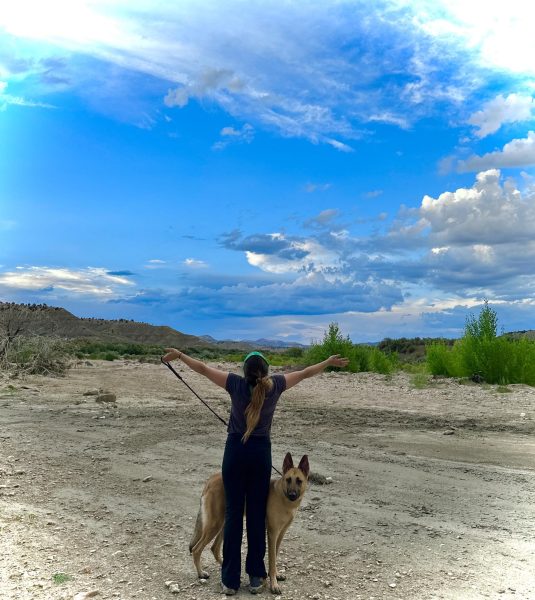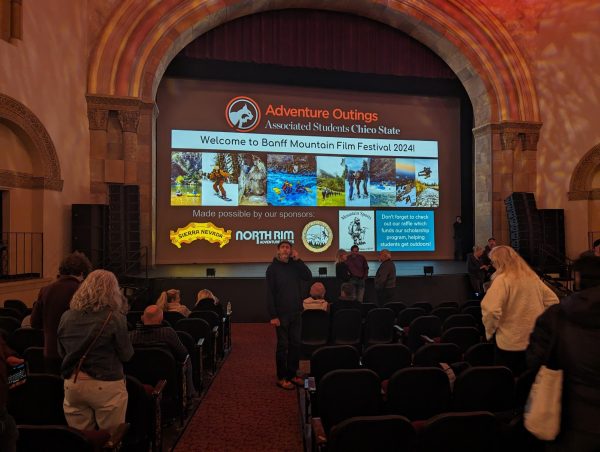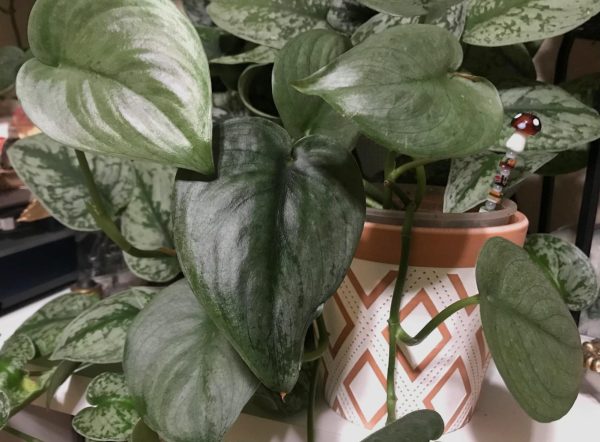Cultivated by the humanities, empathy proves to be valuable, even in the workplace
This building is home to the College of Humanities & Fine Arts at Chico State.
“You don’t want to study that,” my teacher said with a chuckle.
I was a senior in high school and had shared with one of my teachers that I wanted to study philosophy in college.
His response was anything but surprising. In an academic world dominated by STEM, science, technology, engineering and mathematics, those whose passions point them in the direction of literature, history, philosophy or language are left with feelings of inferiority and social ineptness.
Students are pushed toward STEM under the assumption these fields generate greater value for society, provide a more practical skill set and ensure financial stability.
On the other hand, society has deemed degrees in the humanities useless. It doesn’t take long for me to get bombarded with questions like “What are you going to do with that?” or “Can you make any money with that degree?” when the topic of majors comes up.
I don’t blame them. An unjust stigma looms over the humanities fueled by politicians, teachers and parents who push the narrative that a degree in the humanities is analogous to committing financial suicide.
This false narrative has unfortunate consequences. Data provided by the American Academy of Arts and Sciences found that from 2015 to 2018 the number of humanities degrees granted dropped by 5% while the share of STEM degrees increased three times that of the humanities.
Some school districts and colleges are cutting humanities programs as the states face massive deficits.
I should note that I’m not here to pit the humanities against STEM and cause an academic war — STEM is necessary. We need doctors to save people, biochemists to make vaccines and engineers to build bridges.
However, we also need the humanities because they equip students with soft skills that recent graduates oftentimes lack as they spend their academic years strictly developing hard skills.
Soft skills are more interpersonal while hard skills are more technical. Both are necessary and complement one another, but employers are increasingly stressing the importance of soft skills in the workplace.
LinkedIn showed that the skills most sought after by employers are creativity, persuasion, collaboration, adaptability and emotional intelligence.
The data corroborates this. A 2017 study conducted by David J. Deming, an economist and professor at Harvard, showed that the fastest growing jobs in the last few decades are those that require strong social skills.
Students in the humanities develop strong written and oral communication skills. They are required, more so than in other courses, to read, think critically and provide coherent and sound arguments. Oftentimes they work in groups to develop arguments and are asked to actively participate and share ideas.
The nature of these classes inevitably sharpens students’ social skills and develops strong leaders. Successful companies have taken note of this.
Scott Harley, a venture capitalist and author, notes that the leaders of successful companies are usually people that “have the ability to ask the right questions, [and] have the ability to empathize with the customer.”
If you’re worried about landing a paying job with a humanities degree, follow the numbers. A study published by the American Academy of Arts & Sciences in 2018 showed the median salary for those with a bachelor’s degree in the humanities was $52,000. While less than the median for all graduates ($60,000), the report shows that this gap narrows over time.
The same study shows that those with degrees in the humanities are happier and more satisfied at work. They also tend to hold more positions of authority than those in other fields.
We need the humanities for reasons beyond the material value they provide. The humanities offers an opportunity to understand what it means to be human. Self-introspection is undervalued, but the humanities forces us to develop such a skill.
Reading a classic novel on love, heartbreak and loss deepens our connection to the collective human experience and reminds us that our emotions are shared throughout human existence.
An understanding of history, literature, language and religion — to name a few — provides a lens to view a diversity of perspectives on an emotional and intellectual level that reveals commonalities among cultures.
The humanities asks us to delve head-first into the human condition. It bridges the illusory gaps between groups of people cultivating empathy and appreciation.
We witness first-hand the consequences of an inability to empathize and connect with humanity. Mark Zuckerberg, while an incredibly intelligent person in the field of technology, fails to understand — or perhaps simply doesn’t care — the extent of how unethical Facebook’s privacy violations are or the destruction caused as he stood complicit while Facebook was used as a platform to incite genocide against the Rohingya people, a mostly Muslim minority group in Myanmar.
Facebook later agreed with an independent report by the Business of Social Responsibility that they weren’t doing enough to prevent Facebook from being used to “incite offline violence.”
This situation shows how important it is for people with different academic backgrounds to work together. Big Tech companies like Facebook could use individuals with an ability to communicate and relate with others. Perhaps this will lead to more ethical practices.
I’m not trying to convince anyone to forgo their STEM degree. If you love engineering and AI and hope to one day build the next greatest self-driving car, then do it. But if you have a passion for poetry and dream that one day your sonnets will move the hearts of countless people, then grant them that privilege.
Do yourself and the world a favor and live an authentic life because that’s the most human thing you can do. If the last 18 months has taught us anything, it’s that the world needs more humanity.
Aldo Perez can be reached at [email protected] or @Aldo_Perez on Twitter.
